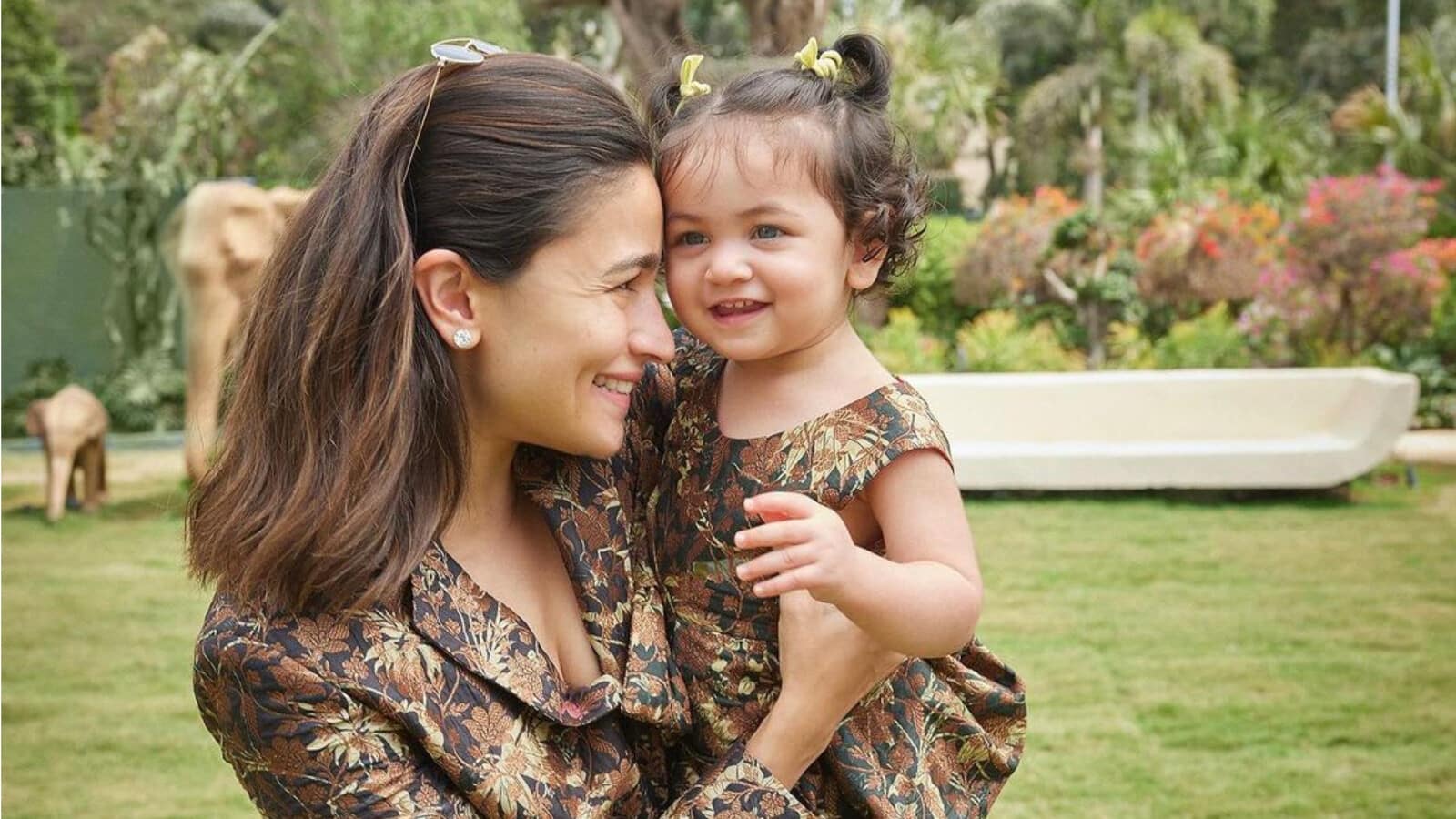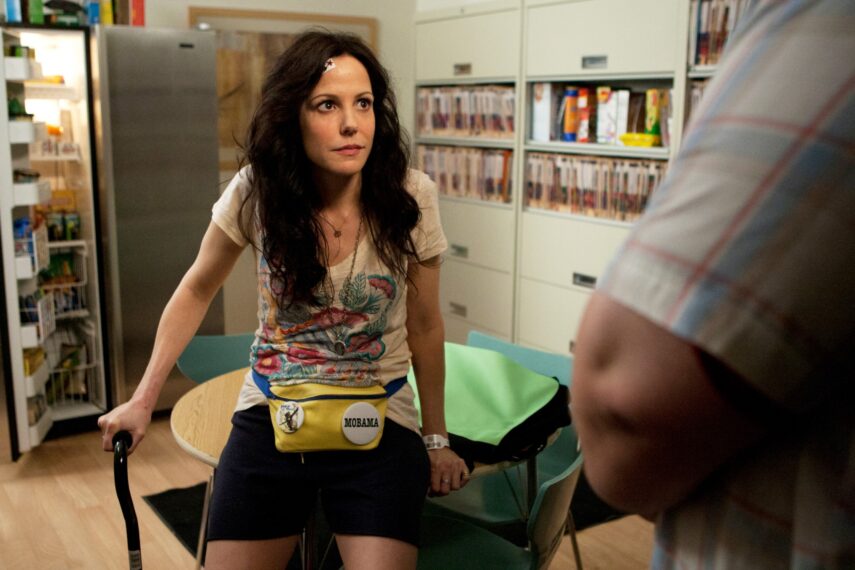Noah Lyles paced on the far end of the track, hands folded over the top of his head, wistfully looking up at a scoreboard that would, sooner or later, flash an answer he's been seeking over three sweat-soaked years. Was all that toil since the last Olympics — all the work on the practice track and in the weight room in the name of finding a centimeter here or a millisecond there — really going to be worth all the trouble? Ten seconds passed, then 20. Then, nearly 30.
And then, the answer popped up. Yes, Lyles is the 100-meter champion at the Paris Olympics. The World's Fastest Man.

Just not by very much. The American showman edged out Jamaica's Kishane Thompson on Sunday by five-thousandths of a second — that's .005 of one tick of the clock — in a race for the ages in Saint-Denis, France.
The final tally in this one: Lyles 9.784 seconds, Thompson 9.789.
The new champion said that before he left for Paris, one of his physio guys ensured him this race would be a squeaker. "He said, 'This is how close first and second are going to be,'" Lyles said as he pinched his thumb and his forefinger together so they were almost touching. "I can't believe how right he was.
" For perspective, the blink of an eye takes, on average, .1 second. That was 20 times longer than the gap between first and second.
It was so close, that when the sprinters crossed the line and the word "Photo" popped up next to the names of Lyles, Thompson and five others in the eight-man field, Lyles walked over to the Jamaican and said "I think you got the Olympics dog." Thompson, who raced three lanes to the left of Lyles and had no clue where he was on the track, wasn't convinced. "I was, 'Wow, I'm not even sure, because it was that close,'" the Jamaican said.
Time would tell. It always does. When Lyles' name came up first, he snatched his name tag off the front of his bib and held it to the sky.
Moments later, he shouted at the TV camera: "America, I told you I got this!" The first four racers were separated by less than .03. The top seven all finished within .
09 of each other. America's Fred Kerley came in third at 9.81.
"That's probably one of the most beautiful races I've been in," he said. In the photo finish, Kerley's orange shoe crossed the line before anyone, or anything. But it's the chest breaking the barrier that counts.
Lyles' chest crossed first. This was the closest 1-2 finish in the 100 since at least Moscow in 1980 — or maybe even ever. Back then, Britain's Allan Wells narrowly beat Silvio Leonard in an era when the electronic timers didn't go into the thousandths of a second.
The same was true in 1932, when Eddie Tolan won the Olympics' first ever photo finish. Lyles conceded that during the excruciating wait, he was pretty sure he had dipped his chest just a tad too soon. Dipping, it turns out, is one of the few things he doesn't work on over and over again at his training track in Florida.
"But I would say I have a decent history with dipping," he said, recalling races he won in high school and as a junior. The 9.784 marked a personal best for Lyles and made him the first American champion in the marquee race at the Olympics since Justin Gatlin in 2004.
Lyles is hoping to go even bigger than that, and maybe take this sport back to a day when it was Carl Lewis and Edwin Moses lighting up the track — a must-see affair, the likes of which Lyles headlined in front of around 80,000 on a warm night at the Stade de France. "Everyone in the field came out knowing they could win this race," Lyles said. It took 9.
784 seconds, then about 30 seconds more, for the scoreboard to flash the name of the man who actually did. "Seeing that name, I was like 'Oh my gosh, there it is!'" Lyles said. Gold (and bronze) for Ukrainians Yaroslava Mahuchikh won Olympic gold in the high jump for her war-torn country of Ukraine and, as a bonus, had company.
Her teammate Iryna Gerashchenko won the bronze and the teammates hopped, skipped and jumped around the track parading their blue-and yellow flags in a heartfelt celebration. Mahuchikh needed fewer tries to clear the winning height of 2 meters than Australia's Nicola Olyslagers, and so, added the sport's biggest prize of all — Olympic gold — to her world championship and world record. Kerr, Ingebrigtsen rivalry to continue The best rivalry in track will culminate Tuesday when reigning world champion Josh Kerr of Britain takes on defending Olympic champion Jakob Ingebrigtsen of Norway.
They squared off in Sunday's semifinal, too, and Ingebrigtsen edged out the Brit, looking over to him twice as they surged down the homestretch, to win a race that felt like it meant more than it should have in 3:32.38. "They should be expecting one of the most vicious and hardest 1,500s the sport's seen in a very long time," Kerr said.
Did Ingebrigtsen agree? "Depends who you ask, maybe," he said. "I mean, racing is what you want it to be." Hobbs Kessler, the son of Serena Fraser Kessler, a member of the Clarence Hall of Fame as a cross country and distance runner, qualified for the 1,500 finals with a time of 3:31.
53. Hobbs Kessler grew up in Michigan, but has family in Western New York. He also will compete in the 800.
Also on Day 9 of the Olympics: Nigerian women make hoops history Ezinne Kalu scored 21 points and Nigeria made Olympic history by becoming the first African country to make the men's or women's elimination round at the Olympics in basketball when it beat Canada 79-70 on Sunday in Villeneuve-d'Ascq, France. The Nigerians (2-1) came in having only one win — back in the 2004 Athens Games — and now they're staying around the Olympics longer than they ever have before. Their quarterfinal opponent on Wednesday is the United States, which is going for an eighth consecutive gold medal.
The Olympic women's basketball draw was announced late Sunday night. The other matchups were Spain against Belgium, France against Germany and Serbia facing Australia. The winners of Spain-Belgium and France-Germany will meet in the semifinals on Friday.
The Nigeria-U.S. winner plays the Serbia-Australia victor.
The next opponent didn't matter after the win over Canada. The team was happy to be headed to Paris. "The Eiffel Tower, croissants, more food," said Kalu.
"I mean, the little village has been great, but it's only basketball there. So to go to Paris and see other athletes competing in their sports and just be around the great energy of so many different countries, and to be the only African club there for basketball competing, it just really means a lot to us. And it's something that we're not going to take for granted.
" The U.S. has been a mainstay in the Olympic quarterfinals and is riding a record 58-game Olympic winning streak.
Nigeria had the seventh-best record of the eight qualifiers, but the U.S. couldn't play Belgium because the two teams were in the same pool.
Canada, ranked fifth in the world, leaves winless in three games, eliminated on the final day of group play for women's basketball by a team ranked 12th. Australia held off France for a 79-72 victory in the final game in group play on Sunday night. The Opals (2-1) clinched the eighth and final quarterfinal berth, avoiding elimination before a crowd of 27,193 that FIBA said set an attendance record for women's basketball in Europe.
Be the first to know Get local news delivered to your inbox!.



















